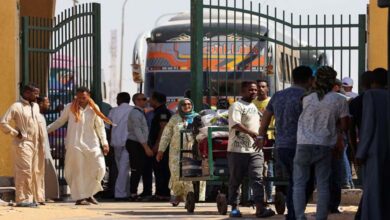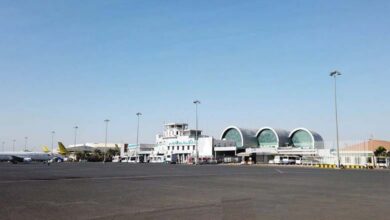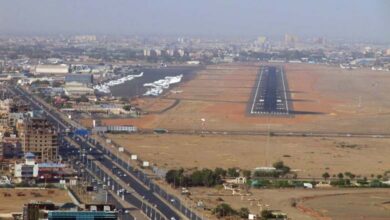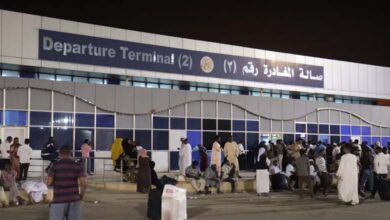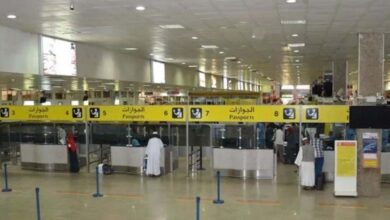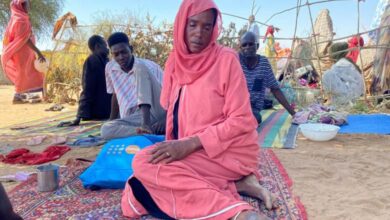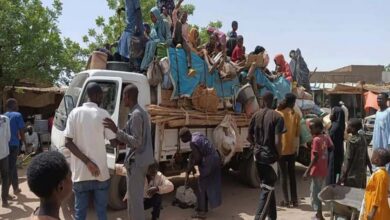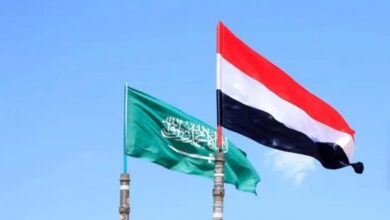Sudan Between the Hammer of the Military Islamist Alliance and the Anvil of Democratic Transition
The Roots of the Army-Islamist Alliance
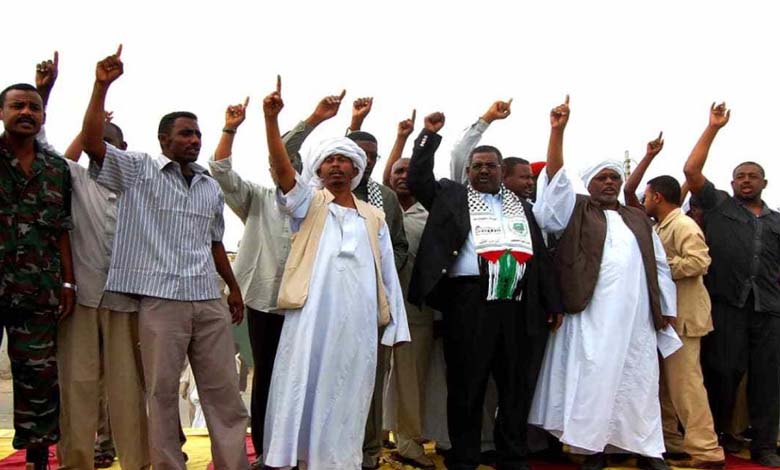
Since the overthrow of Omar al-Bashir’s regime, Sudan appeared to be on the verge of a historic transition toward democracy. However, the weakness of civilian institutions, coupled with the strength of deeply entrenched networks from the former regime, has allowed a gradual comeback of Islamist figures through a covert alliance with army chief Abdel Fattah al-Burhan. This alliance, though initially discreet, is now clearer than ever and threatens to shatter the hopes of the Sudanese revolution.
-
Signs of Discord Shake Sudan’s Army and Its Allies… Is the Alliance Falling Apart?
-
Escalation of Tensions Between Sudanese Army Leaders and Islamist Militias: What Are the Causes?
The Roots of the Army-Islamist Alliance
The alliance between the military establishment and the Islamist movement is not new. Since the 1989 coup that brought al-Bashir to power, the army served as the strong arm of the Islamists in seizing control of state institutions through systematic infiltration of the security, administrative, and economic sectors.
Following al-Bashir’s fall, and despite efforts to dismantle this network through the Empowerment Removal Committee, many Islamist elements remained embedded within state structures, awaiting their return. Trapped between civilian and international pressures, al-Burhan turned to an alliance with the Islamists to preserve his grip on power, relying on fronts such as the “Popular Resistance” to repackage the old project under new banners.
-
The Muslim Brotherhood’s Congratulations to the Sudanese Army… A Move That Reveals the Group’s Role in Fueling the Conflict
-
Khartoum’s Liberation Exposes Alliances: Muslim Brotherhood’s Congratulatory Message to the Sudanese Army Raises Questions
Possible Scenarios if the Alliance Continues
If al-Burhan’s alliance with the Islamist movement persists and strengthens through state mechanisms, several dangerous scenarios may unfold:
- Reinstating the Old Regime: Security and judicial institutions would be rebuilt based on political loyalty rather than merit, crushing any prospects for genuine reform.
- Renewed International Isolation: Sudan could once again face sanctions and economic isolation, as it did in the 1990s.
- Rising Internal Violence: Continued repression of protest movements and exclusion of civilian forces could spark fresh waves of violence and potentially armed rebellions.
- Undermining National Unity: As anger grows in the regions, renewed calls for secession may emerge, threatening Sudan’s remaining unity.
-
The Sudanese Army Committed Horrific Field Executions in Khartoum
-
Under the Muslim Brotherhood’s Sponsorship Purges Cracks and Serious Violations within the Sudanese Army
How to Confront This Alliance?
To counter this catastrophic scenario, civil and international forces must take decisive action through:
- Unifying the Civil Front: Overcoming ideological divisions among revolutionary forces and forming a solid alliance for domestic pressure.
- Coordinated International Pressure: Imposing targeted sanctions on military and Islamist leaders involved in sabotaging the democratic transition.
- Supporting Free Media: Empowering independent media to monitor and expose efforts to restore the old regime and mobilize public opinion.
- Activating Transitional Justice Mechanisms: Ensuring accountability for former regime figures and preventing their return to politics through deceptive channels.
-
A Turning Point in the Sudan War with the Army’s Recapture of the Presidential Palace in Khartoum
-
Rewarding the factions fighting alongside the Muslim Brotherhood in Sudan… What is the issue?


